Home / top-stories / Jaishankar Defends India's Position on Russia, Dra
Jaishankar Defends India's Position on Russia, Dra
By: My India Times
4 minutes read 47Updated At: 2024-11-13
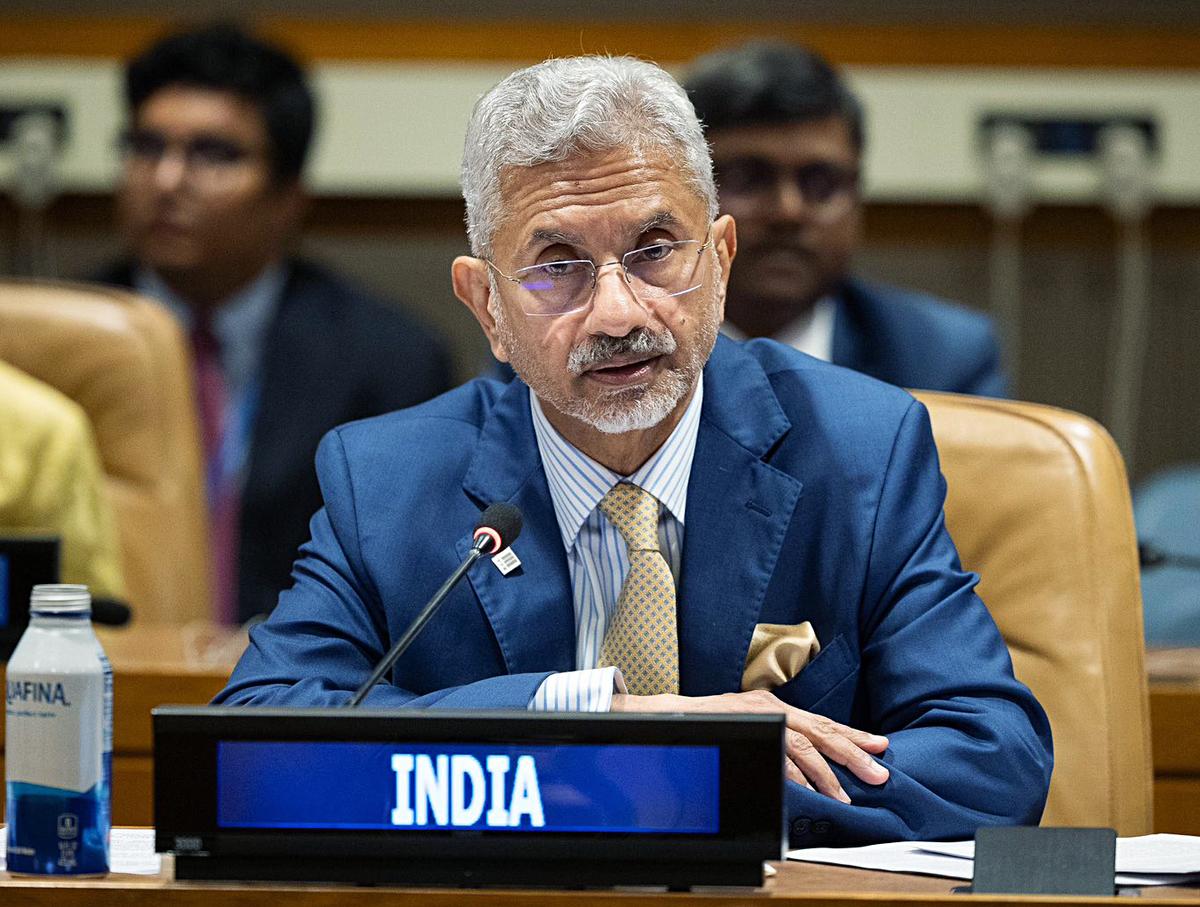
New Delhi: In a candid and direct response, India’s External Affairs Minister Dr. S. Jaishankar once again demonstrated his diplomatic acumen during a recent interview, challenging the premise of concerns voiced by Australia over India's ties with Russia.
Dr. Jaishankar was speaking with Sharri Markson, a prominent journalist from Sky News Australia, during his visit. The conversation took a sharp turn when Markson asked whether India understood the "angst" its relationship with Russia causes in countries like Australia, given the geopolitical dynamics and the ongoing conflict between Russia and Ukraine.
With his characteristic clarity and poised diplomacy, Jaishankar swiftly rebutted the suggestion. "I don’t think we’ve given any cause for angst. In today's interconnected world, countries don’t engage in exclusive relationships," he said, emphasizing India’s strategic autonomy in foreign policy.
But it was his bold parallel with Pakistan that immediately caught attention. "If we are going down that line of logic," Jaishankar remarked, "then we might as well talk about the numerous countries that maintain relationships with Pakistan. Look at the angst that should cause me, considering the history between our nations."
A Strong Stand on Strategic Independence
Jaishankar's comments come amid growing scrutiny over India's foreign policy choices, particularly in the context of its long-standing ties with Russia. While India continues to engage with Russia, especially in areas of defense and energy, the West, including Australia, has expressed concerns over India's stance, given the ongoing war in Ukraine and the Western-led push for global sanctions against Russia.
The Indian government, however, has consistently maintained that its relationship with Russia is rooted in historical ties, strategic interests, and independence in foreign policy decisions. Dr. Jaishankar reiterated this in his exchange, underscoring India’s policy of non-alignment and its efforts to maintain constructive relations with all major global powers.
Pakistan Parallel: A Powerful Diplomatic Commentary
Drawing the Pakistan parallel was a sharp, calculated move by Dr. Jaishankar. By raising the question of other countries’ engagements with Pakistan—often a point of contention for India—he was highlighting the double standards in how countries, including Australia, perceive India’s foreign relations.
For India, Pakistan remains a historically contentious neighbor, with deep-rooted issues stemming from territorial disputes and the ongoing challenge of cross-border terrorism. The remark seemed designed to make the audience reflect on India’s position within this broader geopolitical context, where many nations have continued ties with Pakistan, despite longstanding issues in the bilateral relationship.
Jaishankar’s message was clear: India is free to navigate its own foreign policy without being pressured into aligning with one bloc or another, particularly when it comes to engaging with Russia or any other nation. The minister's words also served to remind that foreign relations cannot be dictated by other nations’ discomfort over a country’s sovereign decisions.
Global Shifts and India's Strategic Autonomy
In an era where geopolitical alliances are being redefined, India’s foreign policy continues to balance historical ties, strategic autonomy, and its evolving role as a global power. India’s engagement with Russia is just one facet of this larger diplomatic recalibration, as the country also strengthens its ties with the United States, the European Union, and its neighbors in the Indo-Pacific.
While some Western nations criticize India for its continued engagement with Russia, especially in the aftermath of Russia's invasion of Ukraine, India maintains that dialogue and diplomatic engagement are crucial, and that it must act in its national interests. Jaishankar’s remarks reflect this nuanced stance, where India seeks to maintain cordial relations with all nations without compromising its independence in decision-making.
Unwavering Position Amid Criticism
Jaishankar’s remarks also sent a clear message to global critics that India will not bow to external pressures when it comes to its foreign policy choices. By invoking the situation with Pakistan, the minister reminded Australia, and by extension the international community, that the principles of fairness, equality, and strategic independence are paramount for any sovereign nation.
While the global community may debate India’s position on various issues, Dr. Jaishankar’s articulate defense underscores India’s growing influence and the need for respect of its sovereign decisions on the world stage.
New Delhi: In a candid and direct response, India’s External Affairs Minister Dr. S. Jaishankar once again demonstrated his diplomatic acumen during a recent interview, challenging the premise of concerns voiced by Australia over India's ties with Russia.
Dr. Jaishankar was speaking with Sharri Markson, a prominent journalist from Sky News Australia, during his visit. The conversation took a sharp turn when Markson asked whether India understood the "angst" its relationship with Russia causes in countries like Australia, given the geopolitical dynamics and the ongoing conflict between Russia and Ukraine.
With his characteristic clarity and poised diplomacy, Jaishankar swiftly rebutted the suggestion. "I don’t think we’ve given any cause for angst. In today's interconnected world, countries don’t engage in exclusive relationships," he said, emphasizing India’s strategic autonomy in foreign policy.
But it was his bold parallel with Pakistan that immediately caught attention. "If we are going down that line of logic," Jaishankar remarked, "then we might as well talk about the numerous countries that maintain relationships with Pakistan. Look at the angst that should cause me, considering the history between our nations."
A Strong Stand on Strategic Independence
Jaishankar's comments come amid growing scrutiny over India's foreign policy choices, particularly in the context of its long-standing ties with Russia. While India continues to engage with Russia, especially in areas of defense and energy, the West, including Australia, has expressed concerns over India's stance, given the ongoing war in Ukraine and the Western-led push for global sanctions against Russia.
The Indian government, however, has consistently maintained that its relationship with Russia is rooted in historical ties, strategic interests, and independence in foreign policy decisions. Dr. Jaishankar reiterated this in his exchange, underscoring India’s policy of non-alignment and its efforts to maintain constructive relations with all major global powers.
Pakistan Parallel: A Powerful Diplomatic Commentary
Drawing the Pakistan parallel was a sharp, calculated move by Dr. Jaishankar. By raising the question of other countries’ engagements with Pakistan—often a point of contention for India—he was highlighting the double standards in how countries, including Australia, perceive India’s foreign relations.
For India, Pakistan remains a historically contentious neighbor, with deep-rooted issues stemming from territorial disputes and the ongoing challenge of cross-border terrorism. The remark seemed designed to make the audience reflect on India’s position within this broader geopolitical context, where many nations have continued ties with Pakistan, despite longstanding issues in the bilateral relationship.
Jaishankar’s message was clear: India is free to navigate its own foreign policy without being pressured into aligning with one bloc or another, particularly when it comes to engaging with Russia or any other nation. The minister's words also served to remind that foreign relations cannot be dictated by other nations’ discomfort over a country’s sovereign decisions.
Global Shifts and India's Strategic Autonomy
In an era where geopolitical alliances are being redefined, India’s foreign policy continues to balance historical ties, strategic autonomy, and its evolving role as a global power. India’s engagement with Russia is just one facet of this larger diplomatic recalibration, as the country also strengthens its ties with the United States, the European Union, and its neighbors in the Indo-Pacific.
While some Western nations criticize India for its continued engagement with Russia, especially in the aftermath of Russia's invasion of Ukraine, India maintains that dialogue and diplomatic engagement are crucial, and that it must act in its national interests. Jaishankar’s remarks reflect this nuanced stance, where India seeks to maintain cordial relations with all nations without compromising its independence in decision-making.
Unwavering Position Amid Criticism
Jaishankar’s remarks also sent a clear message to global critics that India will not bow to external pressures when it comes to its foreign policy choices. By invoking the situation with Pakistan, the minister reminded Australia, and by extension the international community, that the principles of fairness, equality, and strategic independence are paramount for any sovereign nation.
While the global community may debate India’s position on various issues, Dr. Jaishankar’s articulate defense underscores India’s growing influence and the need for respect of its sovereign decisions on the world stage.
By: My India Times
Updated At: 2024-11-13
Tags: top-stories News | My India Times News | Trending News | Travel News
Join our WhatsApp Channel





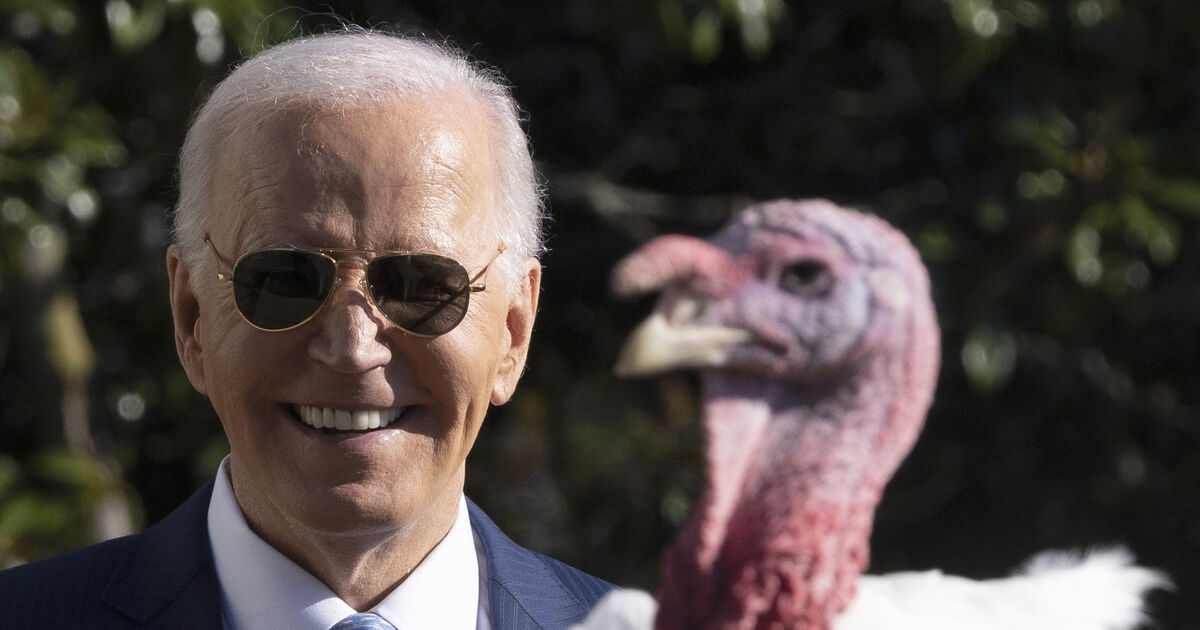
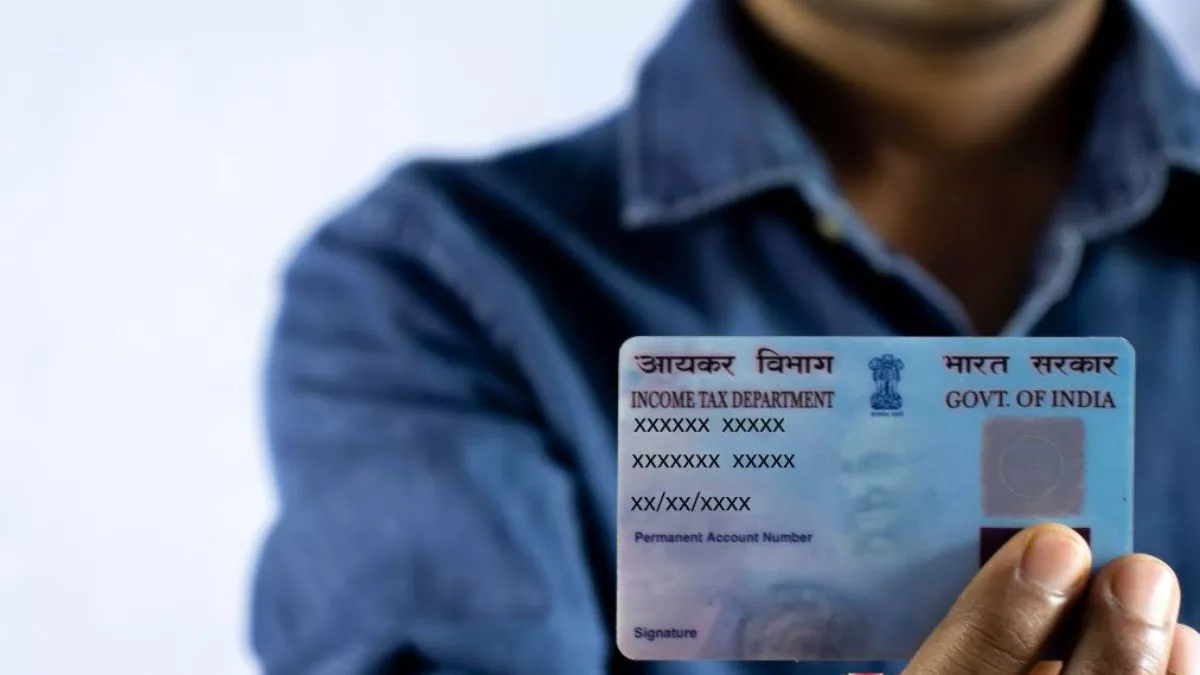


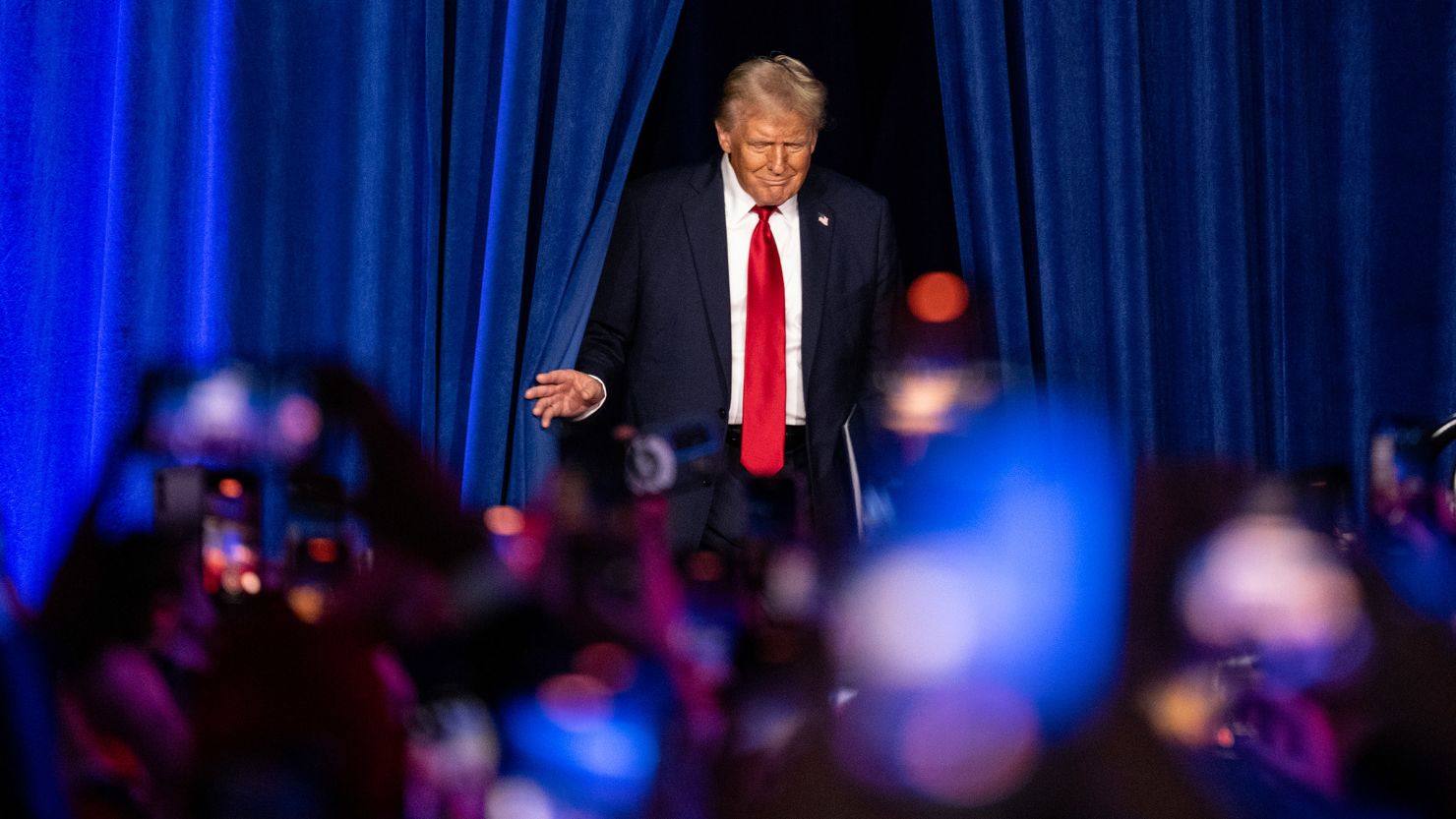
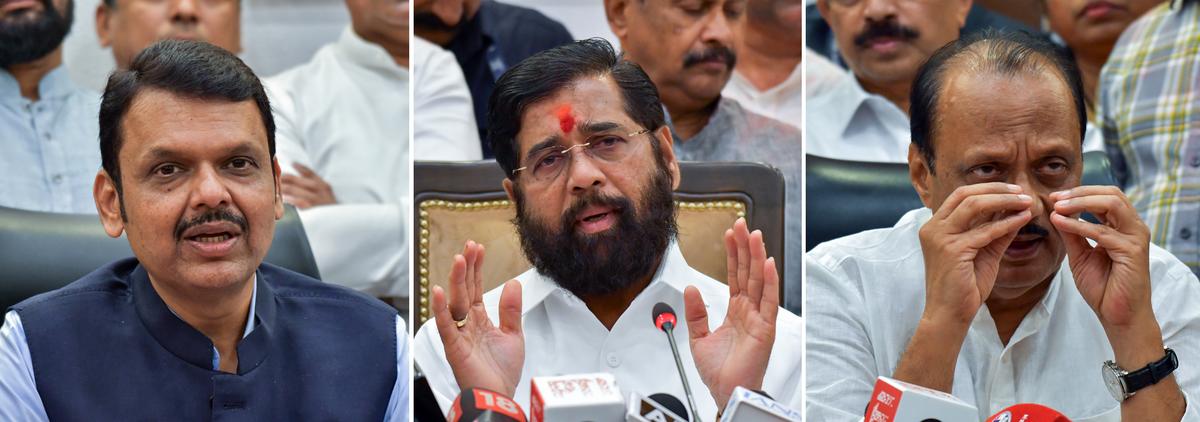


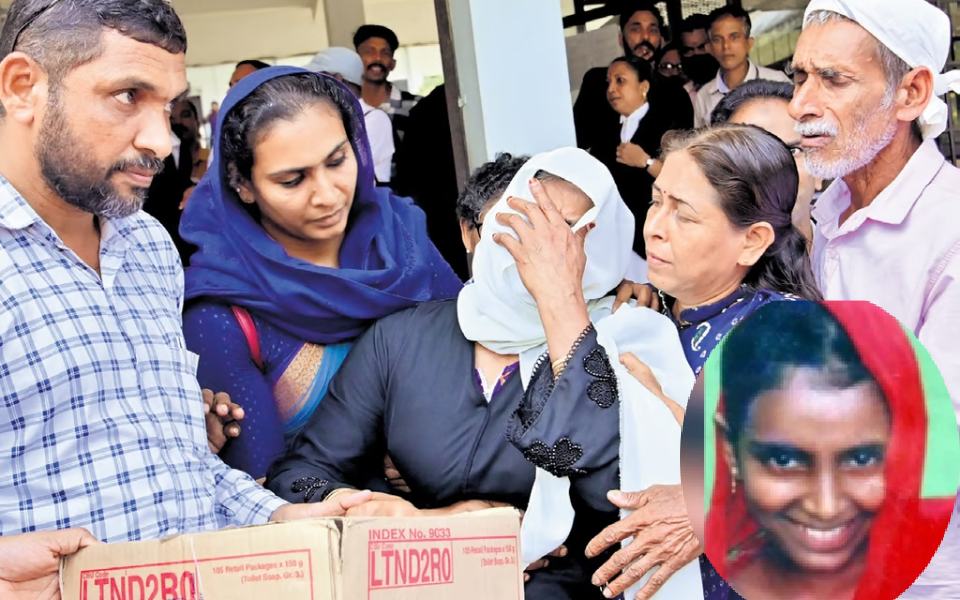
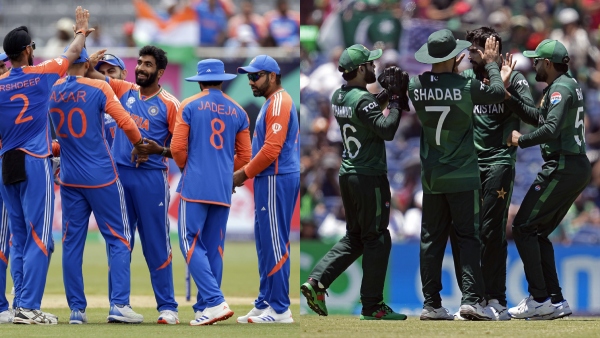




























































































.png)
 (1).png)























